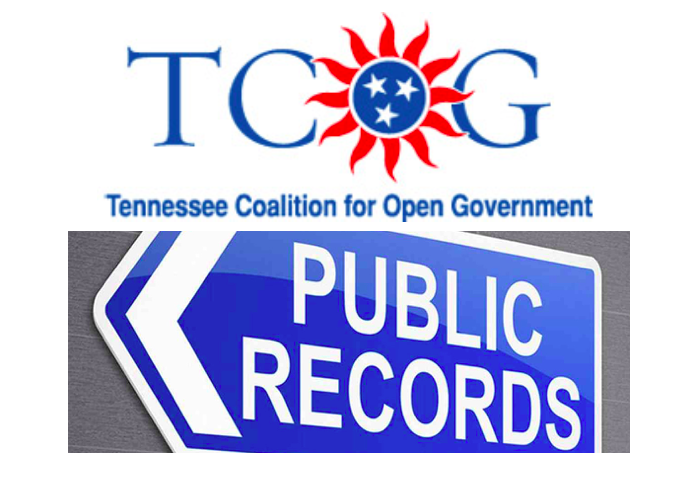 Tennessee Bureau of Investigation/Facebook
Tennessee Bureau of Investigation/Facebook
Should the Tennessee Bureau of Investigation be able to keep its case files forever secret from the public?
Should Google be able to keep secret how much money it will get from a local government?
Those were but two questions reviewed Thursday morning during the second meeting of a group of state lawmakers trying to get their hands around the 563 current exemptions to Tennessee’s Open Record Act.
Jack McElroy, executive editor of the Knoxville News-Sentinel, told the group public records are vital to a newspaper’s watchdog function.  Knoxville News-Sentinel
Knoxville News-Sentinel
Jack McElroy
“Records are critical for us to fulfill our responsibilities set out in the First Amendment, for being the eyes and the ears of the citizens, and holding government accountable,” said McElroy, who is also co-chairman of the Tennessee Press Association’s (TPA) government affairs committee.
McElroy pointed to two real-world examples of how open records exemptions affect public knowledge.
In 2015, Google scored a 23-year financial agreement with the city of Clarksville’s Industrial Development Board. They also scored, through a three-page nondisclosure agreement, the rights to hide just how much the deal would cost taxpayers and the number of employees the project would create.
Google got the dodge by calling the information “trade secret,” said McElroy. Senator Todd Gardenhire (R-Chattanooga) asked the editor if he could define ”trade secrets.”
 Tennessee General Assembly
Tennessee General Assembly
Senator Todd Gardenhire
“No, sir,” McElroy said, drawing laughter from the crowd. “It took Google…pages to define it. I can’t do it. But I’ll leave this document with you.”
Gardenhire retorted, “I guess it’s like the definition of pornography. You’ll know it when you see it, right?”
McElroy also took on the TBI’s “forever exemption.” He said it was one of the two original exemptions to the open records law when it when it was first passed in 1957.
[pullquote-1] Senator Mike Bell (R-Riceville) asked if anyone in the room knew why TBI got such an exemption and said, “it seems like a strange exception to me.” McElroy said he wasn’t really sure why but he had been told that perhaps it was because TBI investigates government corruption.
McElroy said that it was only because a judge ordered a small piece of a TBI investigation to be opened that the public found out that a Criminal Court judge in Knoxville had been high on opioids on the bench and had bought drugs from the people in his court.  Tennessee General Assembly
Tennessee General Assembly
Senator Mike Bell
The judge pled guilty to criminal misconduct and was placed on diversion. But Knoxville News-Sentinel repeaters could not find out more, in order to be able to hold other public officials accountable for what McElroy described as a years-long situation.
“We would have liked to see how the TBI talked to and how far into the question of, ‘Who knew what, when?’ but it was unavailable because of the forever exception,” McElroy said. “It is something that Tennesseans and those in Knox County will never know, in this particular case.”
No TBI official was present during Thursday’s hearing. Though, committee members were told that someone from the agency would be at the next hearing.
Janet Kleinfelter, senior counsel with the Tennessee Attorney General’s Office, urged the group to be cautious when examining and especially in ending some of the exceptions.
“We would strongly suggest before you begin and during this process that you talk with the agency, the commissioner, the department, the board, and the local government affected by the exception,” Kleinfelter said. “The exceptions enacted since I’ve been doing this — 20 plus years — come, usually, with a very good reason adopted by legislature.”
On Wednesday, McElroy published an opinion piece on the topic for the News-Sentinel.
